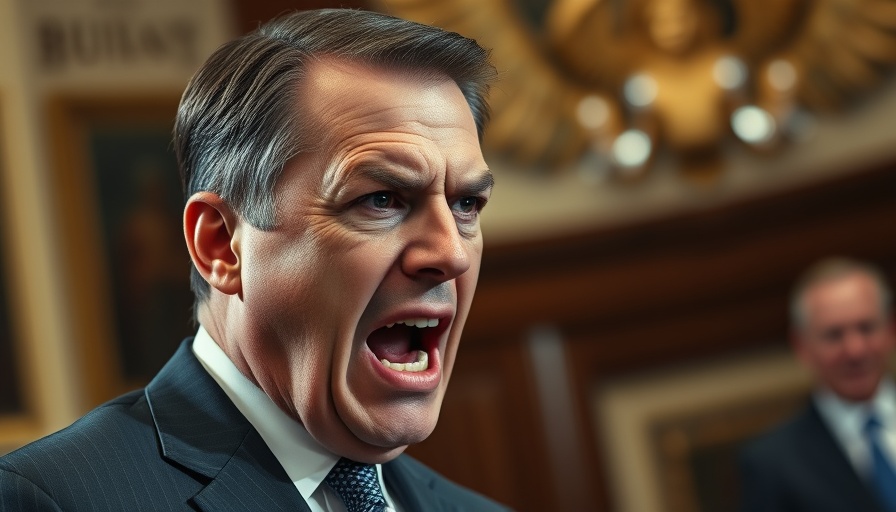
China's Threat of Countermeasures Against Canada: What You Need to Know
In a significant escalation of trade tensions, China’s ministry of commerce has publicly rebuked Canada for its recent steel import restrictions and warned of potential countermeasures. This development comes on the heels of Canada’s announcement of a tariff quota for countries with which it has free trade agreements. Exempted from these measures is the United States, focusing instead on additional tariffs on steel imports originating from countries that have melted and poured their steel before the end of July in China.
What's Really Happening: China's Reaction
China's government has described Canada's actions as a “wrong practice” that impedes fair trade, asserting that it is prepared to enact necessary measures to protect the rights and interests of its domestic companies. This warning signals a potential series of retaliatory moves by China, which could impact various sectors beyond steel if tensions continue to escalate.
The Ripple Effects on Global Trade
The imposition of tariffs and trade barriers typically leads to wider repercussions beyond the parties involved. Analysts suggest that as global interdependencies grow, restricting imports not only affects bilateral relations but can also strain international alliances. The Canadian government is now tasked with navigating the delicate balance between protecting its domestic industries and maintaining healthy trade relations with one of its largest trading partners.
Comparative Analysis: Similar Trade Disputes
This situation isn't isolated. In recent years, we’ve witnessed numerous trade disputes globally, such as the U.S.–China trade war, where tit-for-tat tariffs led to economic uncertainty and challenges for businesses reliant on cross-border trade. The outcomes of these disputes remind us of the volatility inherent in trade relationships and the potential for economic fallout if issues remain unresolved.
Future Predictions: Could This Lead to Broader Trade Wars?
If China's warnings come to fruition, it could mark a worrying trend toward escalating trade wars not only between Canada and China but also involving other nations. Economic experts caution that such conflicts can lead to higher consumer prices and supply chain disruptions that may be felt globally. Markets are already reacting to the news, with stakeholders keeping a close eye on compartmentalizing steel markets.
What This Means for Everyday Canadians
For Canadian consumers and businesses alike, the import restrictions could lead to increased prices for steel products as tariffs kick in. This situation also poses challenges for Canadian manufacturers who rely on steady supplies of steel for production, hindering their ability to compete domestically and internationally. The concern is not merely about steel but extends to the broader economic implications for job security and pricing inflation in various sectors.
Your Voice Matters: Engaging with Policy Decisions
As these developments unfold, it's essential for Canadians to engage in discussions about trade policies and their implications. Keeping informed about these issues can empower citizens to voice their opinions effectively, influencing future decisions made by policymakers at home.
 Add Row
Add Row  Add
Add 




Write A Comment